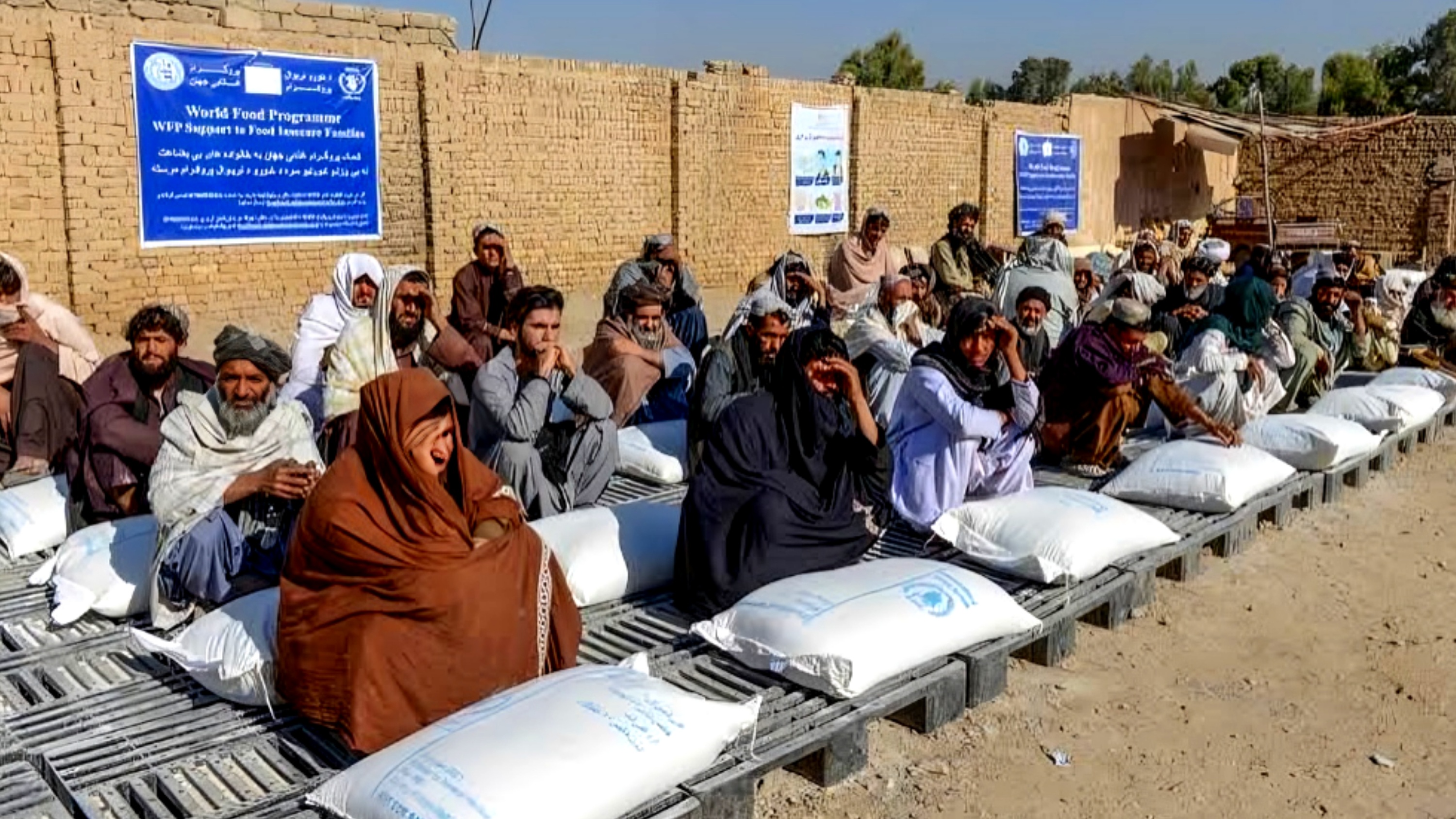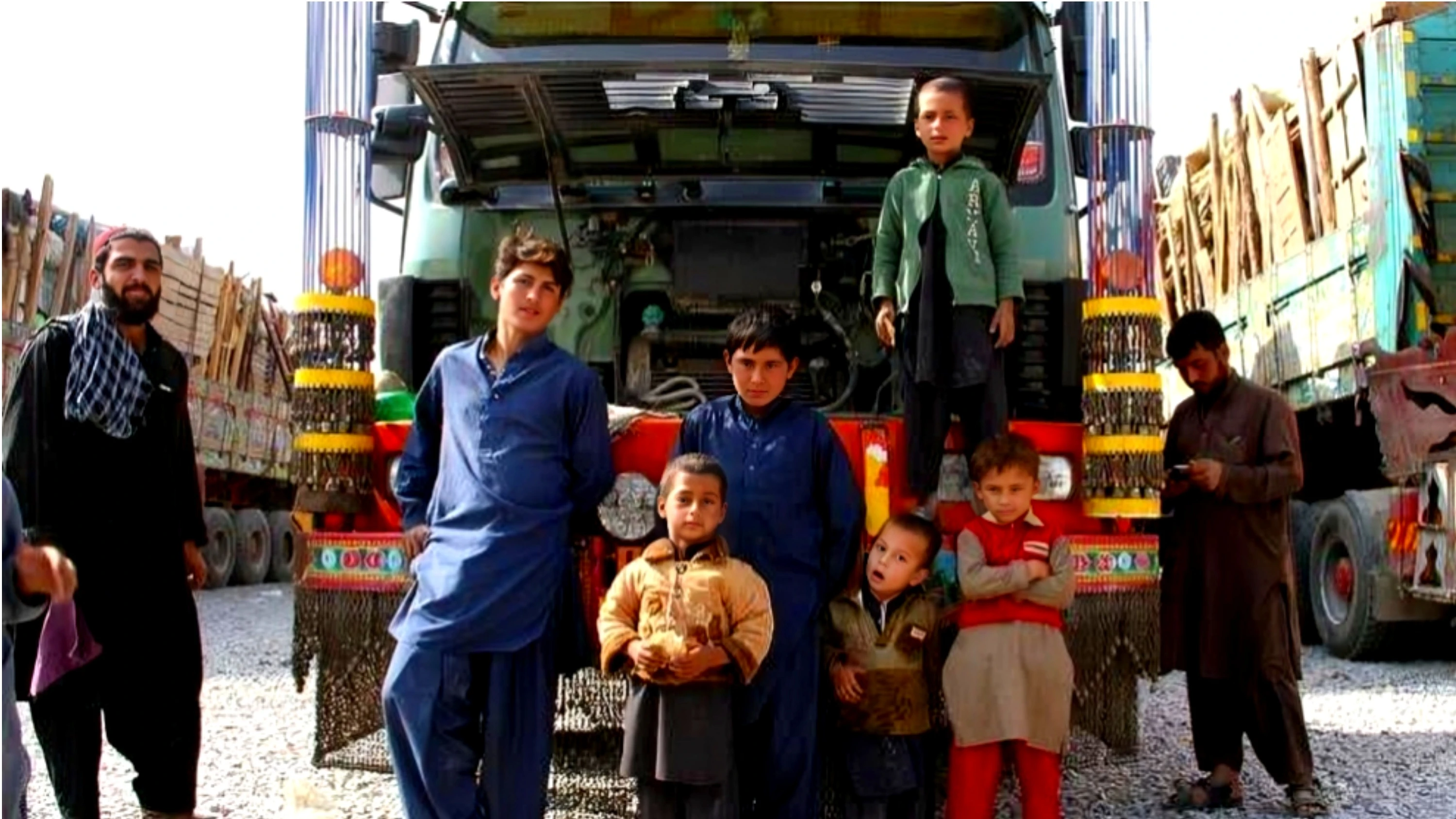Kabul: The United Nations Office for the Coordination of Humanitarian Affairs (OCHA) has raised concerns over the increasing number of Afghans facing food insecurity as the holy month of Ramadan approaches.
According to OCHA, millions of Afghans are uncertain about their next meal, highlighting the severity of the humanitarian crisis in the country.
In a statement on X (formerly Twitter) on Sunday, March 2, OCHA reported that 14.8 million people in Afghanistan are currently struggling with food insecurity. Additionally, 3.1 million Afghans are in an emergency state of food insecurity, requiring immediate assistance.
Despite the rising humanitarian needs, OCHA has expressed deep concerns over the shortage of funding required to address the crisis. The agency stated that out of the $1.9 billion needed to support vulnerable Afghans, only $9.9 million—just 0.9% of the total required budget—has been secured so far. OCHA has urged the international community to step up support for Afghanistan to prevent further deterioration of the humanitarian situation.
These warnings from the UN agency come as the International Committee of the Red Cross (ICRC) also voiced concerns over the deepening humanitarian crisis in Afghanistan. On February 24, ICRC President Pierre Krähenbühl, after concluding a seven-day visit to the country, stated that millions of Afghans remain in dire need of humanitarian aid.
During his visit, Krähenbühl met with Taliban officials and visited a physical rehabilitation center in Kabul, which provides support to individuals disabled by landmines and unexploded ordnance from past conflicts. He reassured that the ICRC would continue its humanitarian assistance programs, particularly focusing on people with disabilities. Krähenbühl emphasized the importance of delivering humanitarian aid in a neutral and independent manner to meet the needs of vulnerable populations.
Meanwhile, the World Bank has also highlighted the alarming food crisis in Afghanistan in its latest report. According to the report, 2.9 million Afghans are on the brink of famine, while 12.6 million—one-third of the country's population—are currently experiencing food insecurity.
The World Bank attributes this crisis to economic instability, climate change, and disruptions in Afghanistan’s agricultural sector, all of which have severely impacted the country’s ability to meet its basic food requirements. The report further notes that while the global community has set a goal of achieving zero hunger by 2030, the worsening humanitarian situation in Afghanistan presents a starkly different reality.








